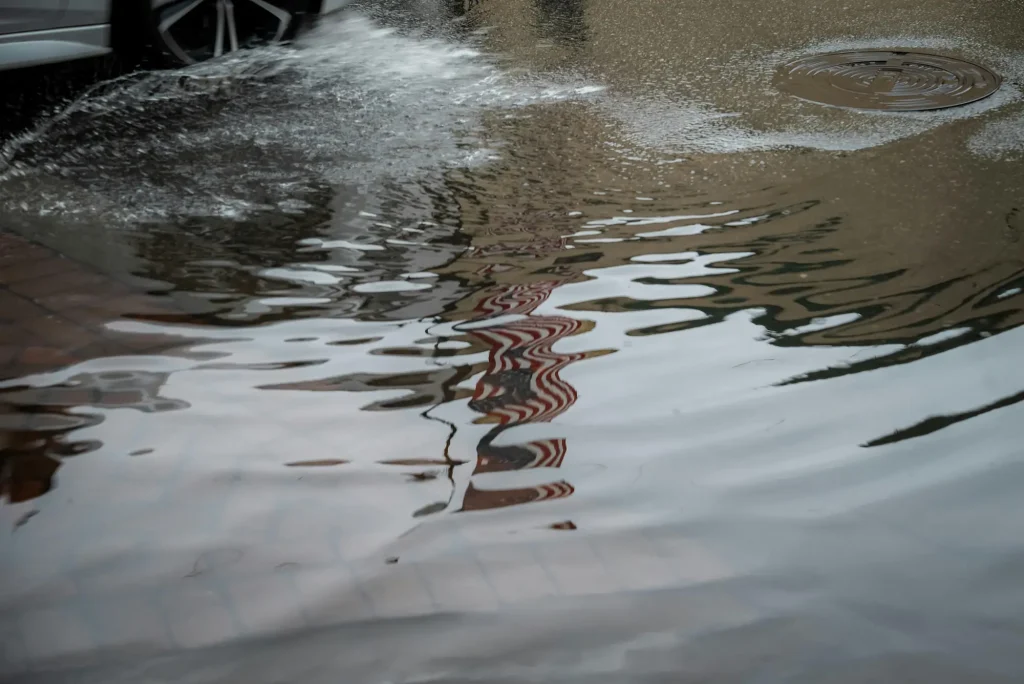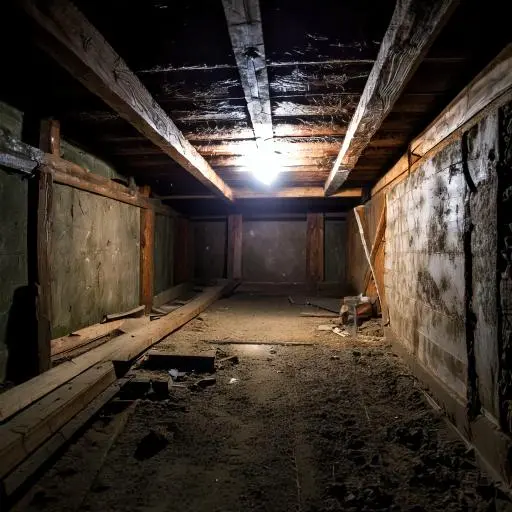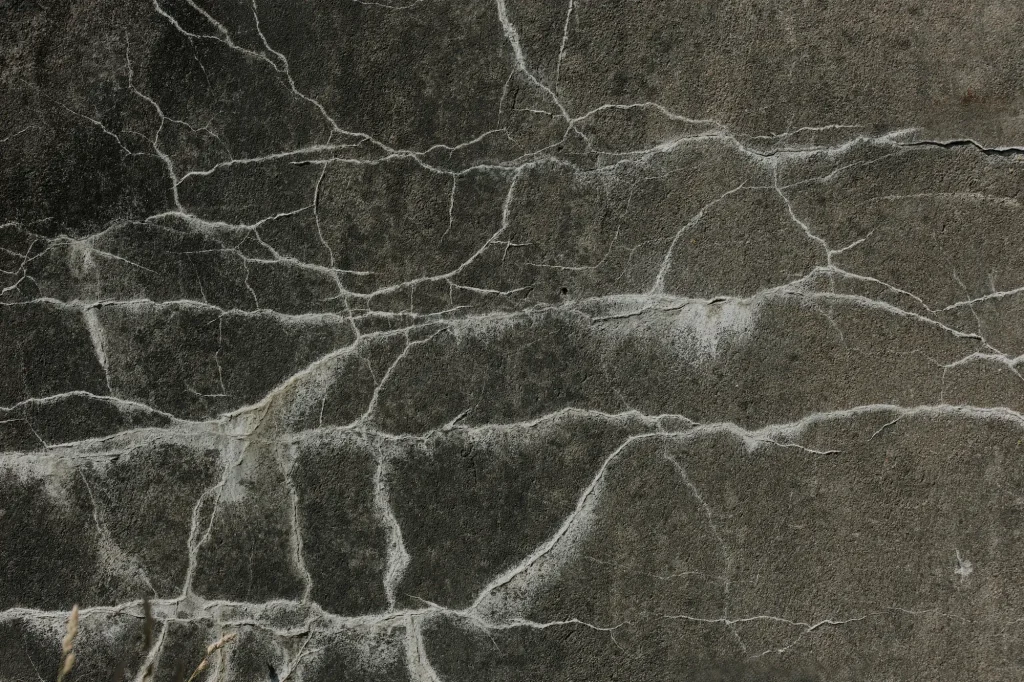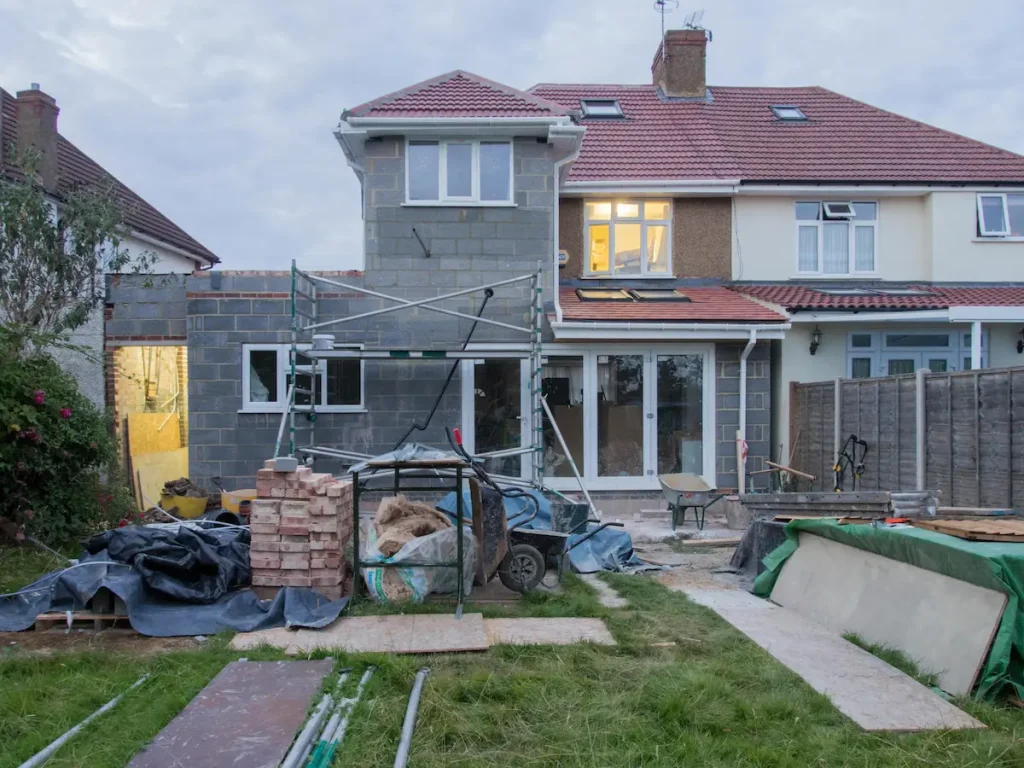The Psychology of Home Repairs: Why We Avoid Fixing Foundations and How to Overcome It

When homeowners notice cracks in the walls, uneven floors, or sticking doors, their first instinct may not be to pick up the phone and call a foundation repair expert. Despite the critical role a foundation plays in the safety and stability of a home, addressing foundation problems is often delayed or ignored altogether. Why do […]
How Historical Homes Handle Foundation Issues: Lessons from the Past

Historical homes are a treasure trove of architectural beauty, craftsmanship, and charm. However, their age often brings unique challenges, especially when it comes to foundation stability. Over the years, these homes have weathered shifting soils, changing climates, and evolving construction methods. Understanding how historical homes handle foundation issues can provide valuable lessons for preserving the […]
Before It Was Your Home: How Past Owners’ Repairs (or Mistakes) Affect Foundations

Your home has a story, and if its walls could talk, they’d likely reveal the choices made by previous owners—some good, others… not so much. When it comes to your foundation, the actions (or inactions) of those who lived in your home before you can have a significant impact on its current stability and long-term […]
Unusual Causes of Foundation Problems You Might Not Expect

When it comes to foundation problems, most homeowners think of the usual suspects: poor drainage, expansive soil, or extreme weather. But sometimes, the root of foundation trouble lies in unexpected or overlooked factors. These lesser-known culprits can be just as damaging, and identifying them early can save you from costly repairs. Here are some unusual […]
The Foundation of a Healthy Home: How Proper Ventilation and Humidity Control Affect Your Foundation

Maintaining a healthy home goes beyond regular cleaning and upkeep—it involves taking care of the structural elements that keep your home safe and stable. One of the most crucial yet often overlooked factors in home maintenance is the impact of ventilation and humidity control on your foundation. Proper ventilation and moisture management can not only […]
Flood-Prone Areas: Special Considerations for Foundation Stability

Living in a flood-prone area presents unique challenges for homeowners, particularly when it comes to maintaining a stable foundation. Frequent water exposure can weaken your foundation over time, leading to serious structural problems if not properly addressed. Here are some key considerations for homeowners in flood-prone areas to ensure their foundation remains stable. 1. Soil […]
Why Crawl Space Maintenance is Essential for Foundation Health

Homeowners often overlook their crawl spaces, not realizing the vital role these areas play in maintaining a stable and healthy foundation. Crawl spaces, located beneath the home, can significantly impact the structural integrity of the foundation if not properly maintained. Understanding the importance of crawl space maintenance is key to preserving your foundation’s health and […]
How Foundation Damage Can Impact Other Areas of Your Home

Foundation damage is not something that should be ignored. It can cause a variety of issues throughout your home that worsen over time, leading to expensive repairs and discomfort. Understanding how foundation problems affect different areas of your home is essential for early detection and prevention. Here’s how foundation damage can impact various parts of […]
Home Additions and Foundation Support: What You Need to Know Before Building

Expanding your home is an exciting step, whether you’re adding extra rooms, a garage, or a new level. However, one critical consideration that homeowners often overlook is how these additions impact the foundation. Adding new structures or significantly increasing the weight on your home can put pressure on your foundation, potentially leading to issues down […]
The Impact of Tree Roots on Foundation Stability

Trees are a beautiful addition to any landscape, providing shade, enhancing curb appeal, and improving air quality. However, tree roots can also pose a significant threat to the stability of your home’s foundation if they are too close to the structure. Understanding how tree roots can affect your foundation—and knowing what to look out for—can […]


